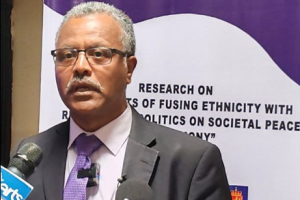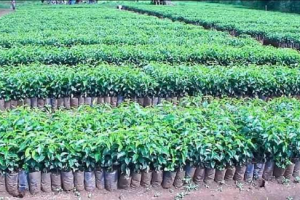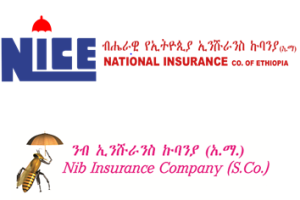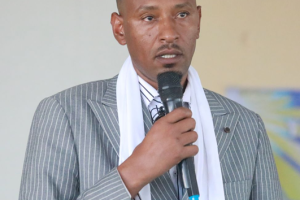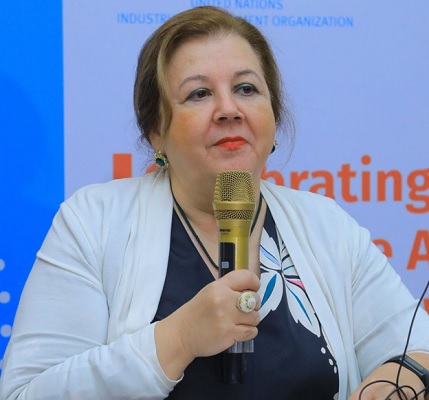
Addis Ababa – The United Nations Industrial Development Organization (UNIDO) emphasizes the pivotal role of private sector collaboration in driving the revival, sustainability, and global competitiveness of Ethiopia’s leather industries.
The Leather Initiative for Sustainable Employment Creation (LISEC) UNIDO Representative and Regional Office Director Aurelia Calabrò told The Ethiopian Herald that active private sector participation is essential for the rapid reinvigoration of the leather sector and its integration into the global value chain.
Aurelia highlighted Ethiopia’s significant potential for job creation and economic growth through its leather industry. She stressed the importance of strengthening investments and stakeholder collaboration to fully capitalize on this potential, acknowledging the Ethiopian government’s efforts to advance tannery industries.
She noted that ongoing macroeconomic reforms are crucial for addressing financial challenges, particularly those related to importing chemicals and other necessary components. Aurelia also emphasized the need to scale up manufacturing capacity for both local and foreign investors.
Despite having Africa’s largest livestock population, Ethiopia has yet to fully utilize its abundant raw materials. Aurelia urged potential investors to engage in the sector.
She acknowledged the recent decline in leather export volumes due to global conflicts, reduced meat consumption, and environmental concerns.
UNIDO is actively supporting micro, small, and medium-sized enterprises (MSMEs) owned by women, providing production facilities and facilitating seamless operations to enhance tannery competitiveness in the global market.
For three decades, UNIDO has supported hide and skin productivity in Ethiopia through various programs, including sectoral competitiveness initiatives, the adoption of cleaner technologies, and wastewater treatment.
“We have implemented benchmarking systems, capacity-building interventions for tanneries, facilitated market value chain development, and supported participation in trade fairs to promote high-level leather producers adhering to global standards,” Aurelia stated.
She recommended the development of eco-friendly leather industrial parks to mitigate environmental pollution and expressed UNIDO’s support for this initiative.
Currently, UNIDO is conducting a feasibility study, an environmental and social impact assessment, and a resettlement action plan to empower tanneries to process and produce finished leather. The goal is to enhance their competitiveness and environmental compliance, facilitating their integration into the global leather value chain.
BY ASHENAFI ANIMUT
THE ETHIOPIAN HERALD TUESDAY 15 APRIL 2025


